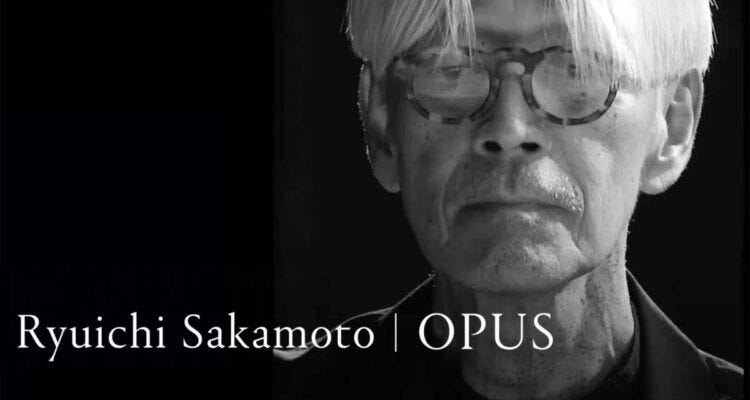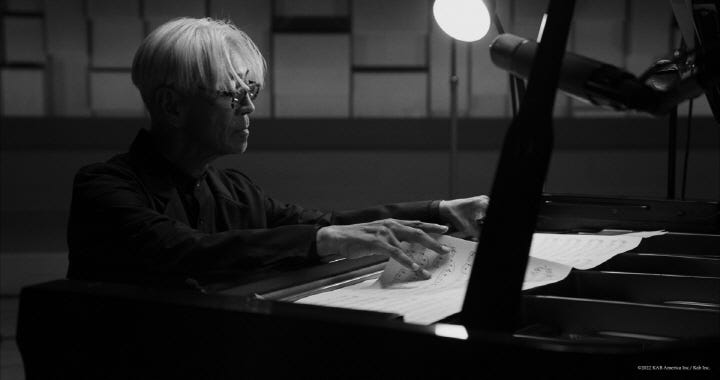Elegy of Harmony: Ryuichi Sakamoto's Final Opus
A Cinematic Journey Through the Soulful Farewell of a Musical Maestro
Hello and welcome to "Vintage Cafe," a reader-supported newsletter crafted for curious minds. To stay updated on new posts and to support my work, consider becoming either a free or paid subscriber. Opting for a paid subscription is the most impactful way to sustain and champion Vintage Cafe.
In the world of music, few names shine as brightly as Composer Ryuichi Sakamoto's, a maestro whose compositions have not only graced the world of pop and classical music but have also left an indelible mark on the cinematic landscape. In a poignant final act, Sakamoto-san bequeaths his fans a poignant gift with the film "Ryuichi Sakamoto | Opus," a hauntingly beautiful testament to his unparalleled artistry. As the maestro bid farewell to the world, succumbing to cancer in 2023, this film captures the essence of his musical legacy in a profound and deeply personal manner.
Directed by Neo Sora, Sakamoto’s son, the film serves as a soul-stirring testament to the artist's illustrious career, gently unfolding the narrative of his life through the lens of his last concert. "Opus" stands out as an extraordinary and uniquely affecting work, deviating from the norm right from the start—there is no audience. This departure gains profound meaning given Sakamoto's decision to perform his final 20 works in the quiet confines of NHK Broadcast Center’s 509 Studio in Japan, witnessed only by his son Sora and a camera crew. The result is a minimalist masterpiece, serving as Sakamoto's last will, capturing the essence of his artistry in its most distilled form.
The film's emotional resonance is heightened by the awareness that this was Sakamoto's swan song before succumbing to throat cancer earlier in the year. Sora, alongside cinematographer Bill Kirstein, employs crystal-clear 4K black and white visuals—a choice perfectly complementing the valedictory nature of the performance—a solemn encounter with mortality. The visuals are a dance between light and shadow, capturing the nuanced expressions and delicate movements of Sakamoto at the piano. Sakamoto, seated at the piano, plays each piece with a meditative intensity, occasionally lifting his hands from the keys like a conductor reluctant to release the music into the ether. The choice of the recording studio, renowned for its impeccable acoustics, adds a layer of sonic clarity that does justice to the maestro's intricate compositions.
Keep reading with a 7-day free trial
Subscribe to Vintage Cafe to keep reading this post and get 7 days of free access to the full post archives.






